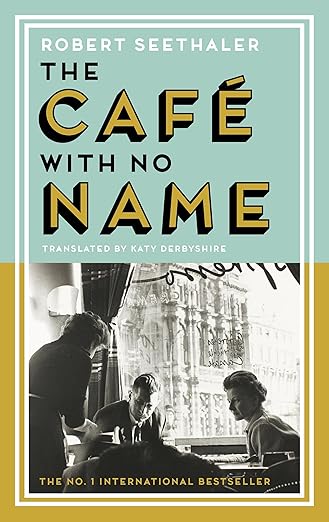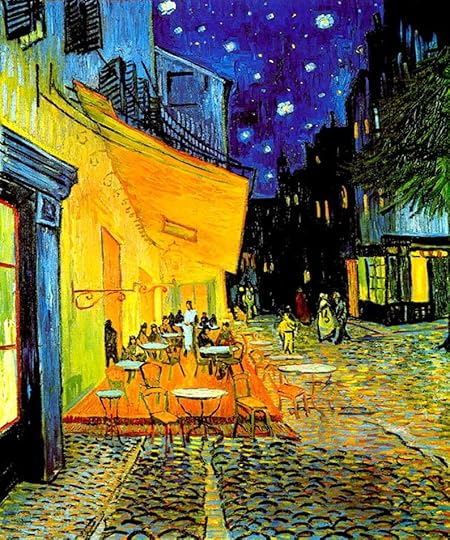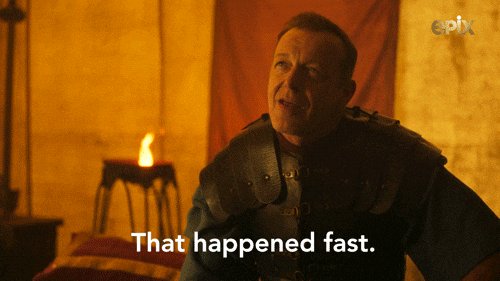What do you think?
Rate this book


224 pages, Paperback
First published April 26, 2023

“Maybe it doesn’t matter after all,” the butcher said, thinking it over. “I mean, the Danube existed long before anyone called it the Danube. So your café can just have no name, and that’s fine.”Customers began arriving almost right away and, as fate would have it, a young woman came by, crying and desperate for a job, so he hired her on the spot as a server.
She said, “Where are we going?”Now there’s an interesting question, Mr. Seethaler. How else would we get there?
“Home,” said Simon.
“Through weather, dust and tedium?”
“Absolutely,” said Simon. “How else would we get there?”

